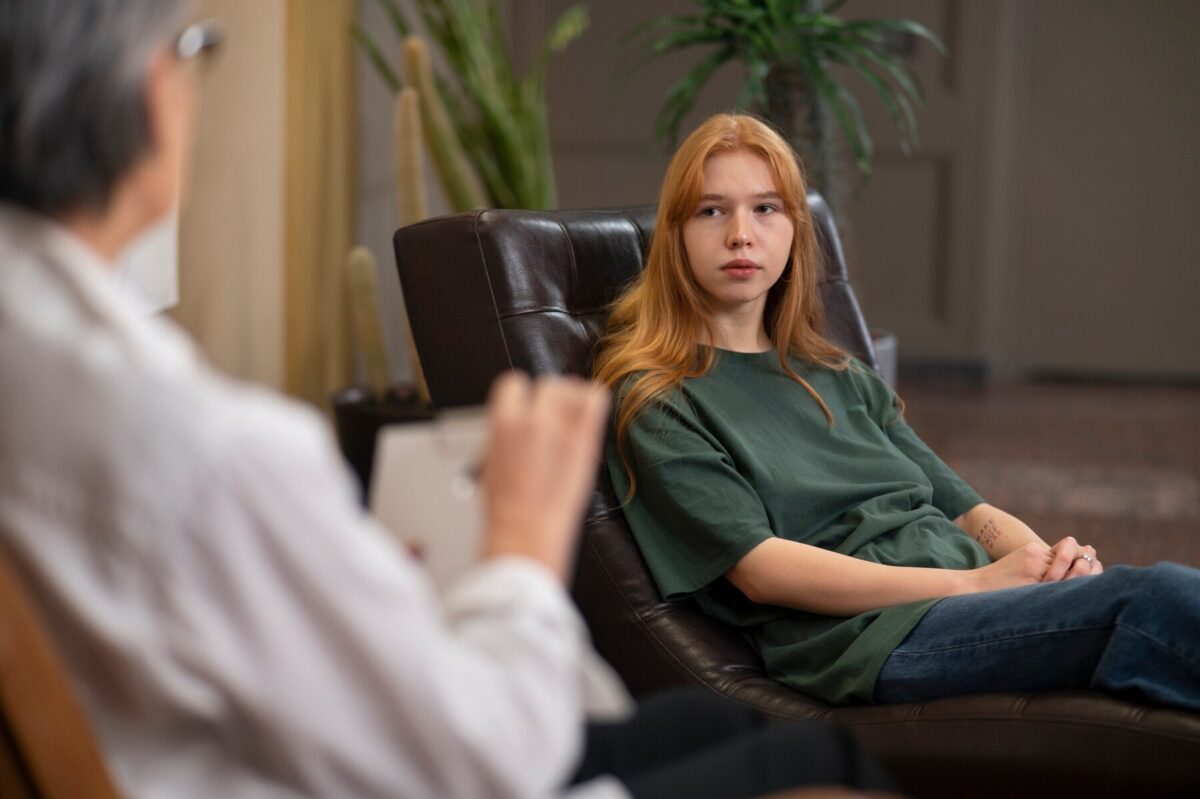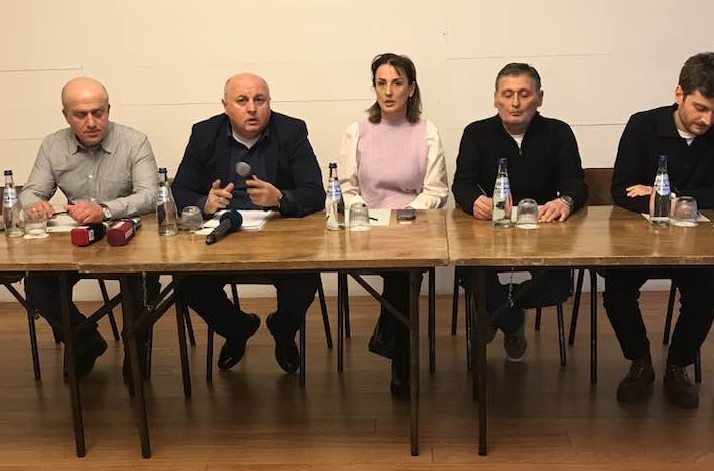April 7 marks World Health Day, founded by the World Health Organization (WHO) in 1950. This day recalls the importance of health for all people in the world and emphasizes the need for access to skilled health care as a fundamental human right. In this context, providing life-saving services such as opioid substitution therapy (OST) to people from key populations is critical. This approach enables patients to manage physical dependence, reduce the risk of transmission of infectious diseases (e.g. HIV or hepatitis), and improve quality of life.
However, despite the proven effectiveness of OST, many people around the world (including in the Eastern Europe and Central Asia region) face barriers to accessing this treatment due to stigmatization, lack of access to health services, or legal restrictions. This creates serious obstacles for those in need of assistance.
For example, recent changes to the Ministry of Health’s January 24 Order to the opioid substitution therapy program in Georgia have made significant adjustments. Under the previous rules, patients participating in the program had the opportunity to receive a two-day dose of medication if they were unable to visit a healthcare facility, and this dose could be picked up for them by a family member or other authorized person. However, under the changes made, this right has been limited and patients or their authorized representatives must now visit the service center daily.
The changes also affected the ability to provide patients with pharmaceuticals in special cases. Previously, there was an option to receive a five-day supply of medication when long-term home treatment exceeding two months was required, or a seven-day supply for those with a pronounced disability or active tuberculosis. However, the amendments have completely abolished this exceptional regulation. Under the previous regulation, patients could also be given a dose if they had to move around the country (the principle of business travel). The innovations have abolished this regulation and now, even in cases of exceptional need such as business travel or ill health, patients can only be given a one-day dose.
Kazakhstan also has a serious problem with violations of the rights to health care and health maintenance for people who use psychoactive substances. These problems have been identified, including through the REAct, on appeals related to obstacles in accessing medical services for clients. This situation covers several aspects:
– Lack of access to free medical care, including tests and abortions, for persons without compulsory social health insurance.
– Limited access to a guaranteed amount of free medical care for people who use psychoactive substances.
– Insufficient drug supply and diagnosis of diseases among persons in detention centers.
According to the Order of the Minister of Health of the Republic of Kazakhstan from September 23, 2020, № KR DSM-108/2020, treatment of people who use psychoactive substances is carried out within the guaranteed volume of free medical care in regional Mental Health Centers (MHC). Anonymous treatment is available only on a paid basis. However free medical care does not provide the necessary range of services for social, psychological, pedagogical, labor, cultural, economic, and legal support for people from the community.
The theme of this year’s World Health Day is “My Health, My Right” and aims to support and recognize the right of everyone, wherever they are, to access high-quality health care, education and health information, and freedom from discrimination. This means that it is worth taking another opportunity to draw public attention to such violations of people’s rights to quality and timely health care and the need to develop a model that complies with human rights principles and international standards while taking into account the needs of patients, their families and the interests of organizations providing addiction treatment services. And legislate to guarantee the provision of a full range of assistance for the treatment and rehabilitation of everyone who needs it.
Health is everyone’s right, as is equal access for all people to qualified care.
Also read:
Showing strength: International Transgender Day of Visibility
March 8 in Eastern Europe and Central Asia: the struggle for the rights of women from vulnerable groups continues







